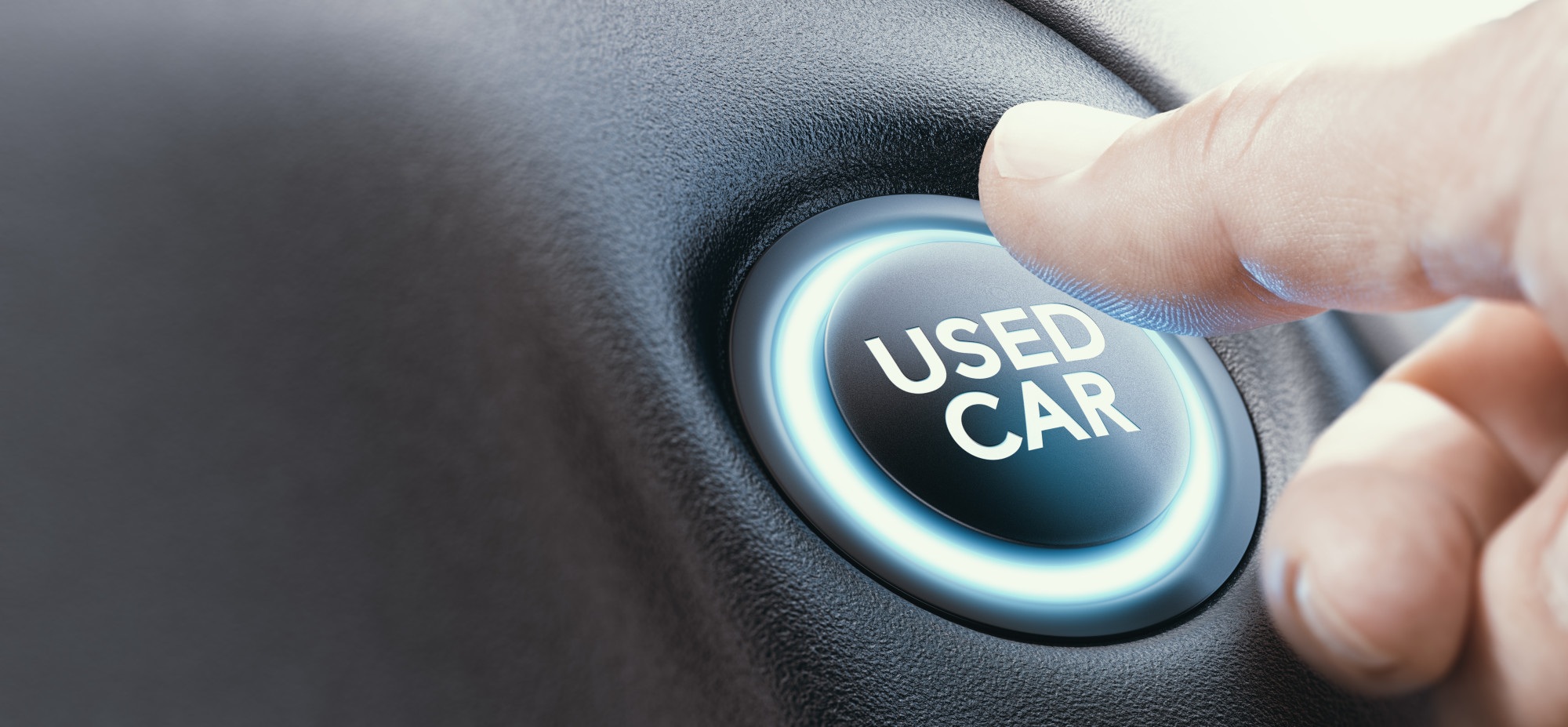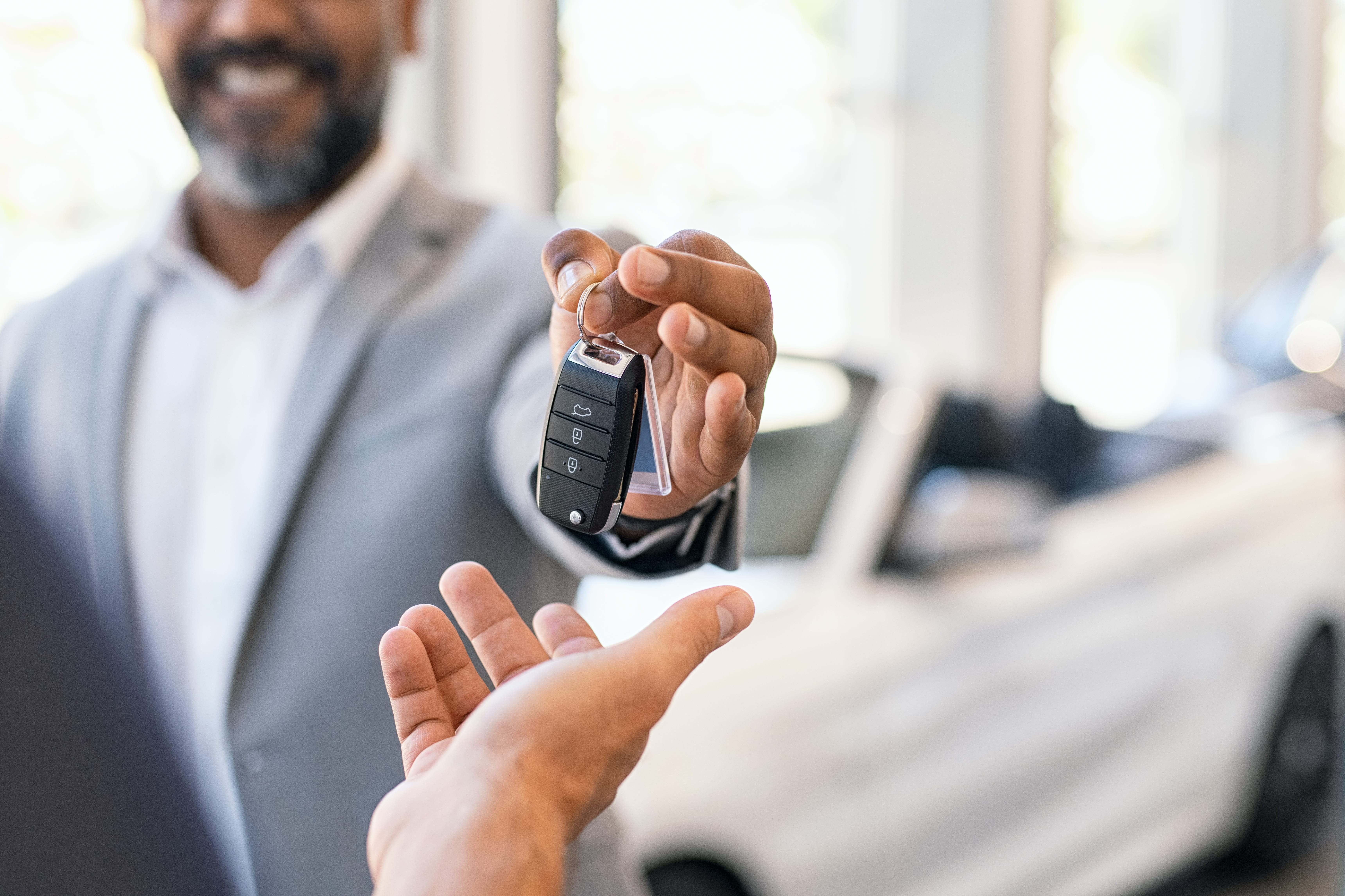Buying a used car from another state can open up a wider selection of vehicles and even save you money, but it also requires some additional diligence. From verifying the car’s history to arranging transportation, each step matters to avoid costly mistakes. Whether you’re buying from a private seller, a dealership, or an auction, this guide walks you through how to safely buy a used car from another state.
Why Buy a Used Car Out of State?
There are several reasons why you might consider buying a used car from another state:
Better prices in states with lower demand
More options for rare or specific models
Access to rust-free vehicles in drier climates
Faster delivery times in neighboring regions
However, these perks come with the need for extra precautions to ensure a smooth, legal, and cost-effective transaction.
Checklist for Buying Out-of-State Used Cars
1. Do Your Research
Before anything else, use reputable websites to buy used cars to expand your search beyond your home state. Look for platforms with filters for location, price, mileage, vehicle history, and seller ratings.
Also, check local sales tax rates, registration rules, and emissions regulations in your state and the seller’s state; they can affect your overall cost and ability to register the vehicle.
2. Verify Vehicle History and Condition
When buying remotely, you need more than just good photos. Get the vehicle’s VIN (Vehicle Identification Number) and run a report using services like Carfax or AutoCheck to check for:
Title status
Previous accidents or damage
Mileage discrepancies
Service history
Also, use a car value estimator to ensure you’re paying a fair market price for the car, taking into account its condition, location, and mileage.
3. Hire a Local Mechanic for a Pre-Purchase Inspection (PPI)
A pre-purchase inspection by a licensed mechanic in the seller’s area is crucial. For about $100–$200, you can get an expert’s opinion on the vehicle’s condition. Many mobile mechanics offer this service and will send you a detailed report.
4. Finalize Payment Securely
Avoid sending full payment before verifying the car’s legitimacy. Use secure methods like:
Escrow services (e.g., Escrow.com)
Bank wire transfers to reputable dealerships
Certified checks if traveling in person
Stay away from sellers who pressure you into quick transactions or request unusual payment methods like gift cards or cryptocurrency.
5. Handle Title Transfer and Paperwork
When buying out of state, make sure:
The title is clean and matches the seller’s ID
A bill of sale is signed by both parties
You receive a signed title for transfer
Any state-specific forms are completed (e.g., emissions or smog certificates)
You’ll typically register the car in your home state and pay taxes there; check your state DMV’s rules to confirm.
6. Transporting the Vehicle
You have two main options:
Drive it yourself: This requires temporary registration and insurance.
Hire a transport service: If you prefer convenience, many services can ship a car to another state using open or enclosed trailers. Get multiple quotes, check reviews, and verify the transporter is licensed and insured.
Some platforms even let you buy a car online and have it delivered to your home, handling all logistics for you.
7. Register and Insure Your Vehicle
After the car arrives, register it with your local DMV, pay any applicable taxes or fees, and get it insured. Bring the following:
Signed title
Bill of sale
Proof of inspection (if required)
Proof of insurance
Identification and residency documents
Bonus Tip: Explore Online Car Auctions
Want access to more deals? Some of the best car auction sites let you bid on used cars nationwide, often at lower prices than retail. Just make sure you understand each auction’s rules and buyer protections.
Frequently Asked Questions (FAQs)
Can I register an out-of-state car in my state?
Yes, you can. You’ll need the signed title, bill of sale, and in some cases, a VIN inspection or emissions certificate.
How do I avoid scams when buying a car remotely?
Use reputable platforms, verify the VIN, request a PPI, and never send money without proper documentation and confirmation.
Who pays for shipping the car?
Typically, the buyer does. However, some sellers or online platforms include shipping in the sale price.
Can I return a car bought out of state?
Usually no, unless specified in the contract. Always clarify the return policy before purchasing.
Is sales tax charged twice on out-of-state car purchases?
No, you typically pay sales tax only in the state where you register the vehicle. However, a few states might charge you at the point of sale; check local regulations.
Final Thoughts
Buying a used car from another state can be a smart move if you take the right precautions. By doing your homework, verifying the car’s history, using trusted services, and securing safe transportation, you can confidently expand your vehicle search nationwide.
Whether you’re browsing websites to buy used cars or exploring the best car auction sites, just make sure you stay informed, ask the right questions, and protect your investment every step of the way.



![5 Best Online Car Auctions Sites to Buy a Car [2026] image](https://nexusautotransport.com/assets/blog/Looking-for-an-Online-Car-Auction-The-5-Best-Websites-to-Buy-a-Car.jpg)